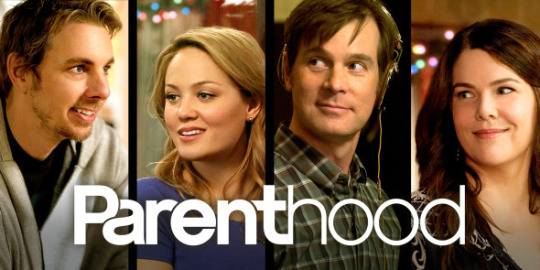
Parenthood is quite possibly the least-talked about series that is having an impact in a big way. It follows four siblings and the families they create, and also focuses on the patriarch and matriarch of all of these families, the grandparents.
Not too long ago it finished it’s sixth and final season, so I guess you could say this blog post is one of thanks and one of farewell. I am a big proponent of social issues, and the fact that there should always be a dialogue revolving around society’s most pressing social issues, and Parenthood does just that.
It has singlehandedly created a dialogue for every single social issue that has been a big deal in U.S. society for the past ten years, including divorce, adoption, abortion, homosexuality, and autism.
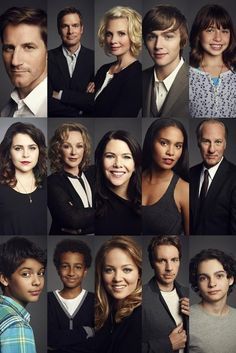
The first few episodes, but especially the very first, are fast paced and manage to introduce all the characters and the issues they are currently dealing with in a relatively short amount of time. It begins with Sara (played by Gilmore Girls’ Lauren Graham) returning to her parents’ home with her two teenage children after divorcing her singer-turned-drug-addict husband, who also suffers from alcoholism.
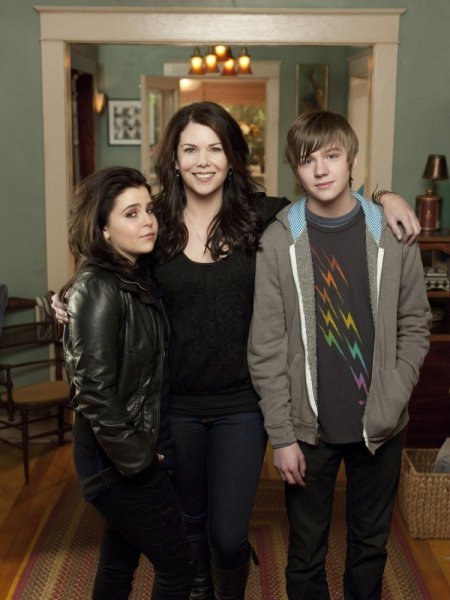
It turns to Adam and his wife, Christina, who are noticing that something might be wrong with their son Max, who diagnoses with Asperger’s syndrome. The novel aspect about Max’s diagnosis is that they never once being vaccines into the picture. Not once. They portray it as a genetic syndrome. By not even giving attention to the vaccine argument, they actually vanquish it. Adam and Christina also have an older teenage daughter Haddie who plays the opposite to Sara’s teenage daughter Amber. As Haddie gets good grades and participates in school life, Amber has a hard time adapting and eventually graduates high school without a college plan, virtually unseen and untalked about in today’s society. But she makes it work, and that’s what the series shows. Christina also deals with a breast cancer diagnosis later on in the series.
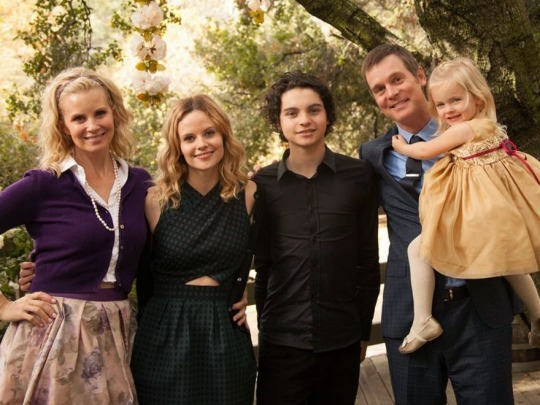
The next sibling it portrays is Julia, a hardworking lawyer whose husband is a stay at home dad to their 5-year-old daughter Sydney. Julia’s issues take some time to develop, but eventually include cheating and near divorce after she quits her job and becomes a stay at home mom. What I love about Julia and her story is that she shows that being a stay at home mom is not for all women– while her husband Joel loves staying at home with their daughter, Julia feels empty, and strives to fill the void in her life left by not having a job. Women are frequently punished in mainstream society for having and voicing this opinion, and that’s why creating this dialogue is so important. Once the dialogue is there and normalized, women will stop being punished for it.
Julia and Joel also deal with fertility issues and eventually end up adopting a seven-year-old Latino boy who has trouble acclimating to their family.
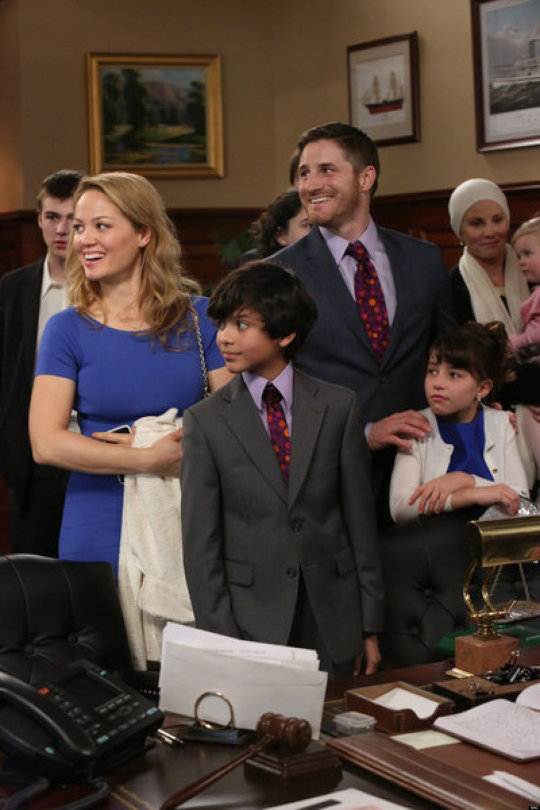
Finally, there is Crosby, the black sheep of the family who has yet to settle down. He is portrayed as having one night stands and no commitments, until an old flame shows up at this doorstep with a five-year-old boy–his son. Jasmine also happens to be black, and in the next seasons, this provides an interesting dialogue as the white families and Jasmine’s family interact and get to know each other.
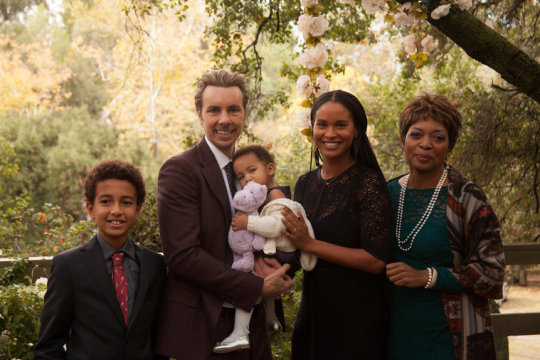
As the series progressed, I started to catalogue all the social issues the series dealt with, and finally came to the conclusion that it dealt with them all in some way, shape, or form. In addition to those already mentioned, I have a few other examples at hand.
- Adam is eventually laid off from his company and go into business with Crosby.
- Haddie comes home from her first year of college and is dating a woman. Haddie coming out is not even “dealt with” per say in the show, it is treated as a normal occurrence where nothing has changed after she tells her parents. As it should be.
- A big deal is made of how Haddie will afford college. This was not given enough attention, and in my opinion was unsatisfactorily concluded, as Adam and Christina somehow simply found the money for it. This is not realistic for most students, and the series’ conclusion should have been more well rounded.
- Sara’s son Drew impregnates his high school girlfriend and she has an abortion. This is dealt with beautifully: she finds out, is told the decision is up to her, gets an abortion, and he supports her the whole time. Her choice, end of story. She also makes the excellent point that if she chose to have the baby, her life would effectively be over. Drew would still be able to go to college in order to someday get a job, but she would have to take care of the baby, pointing out the claim (that isn’t cited nearly enough in my opinion) that women are expected to give up their entire lives and make huge sacrifices to have children, while men are not held to these same expectations.
- That being said, a women choosing to be childless was the only issue not really touched upon in this series. I guess they had enough going on, as you can see.
- This is not the only unplanned pregnancy the show deals with. Amber also gets pregnant from an ex-boyfriend, and even Christina becomes pregnant later in life with her and Adam’s daughter Nora.
Through Zeek and Millie, the grandparents, the issues older couples face as they age and seek fulfillment in retirement are portrayed. They have financial issues as well as personal issues, but all is eventually worked out.
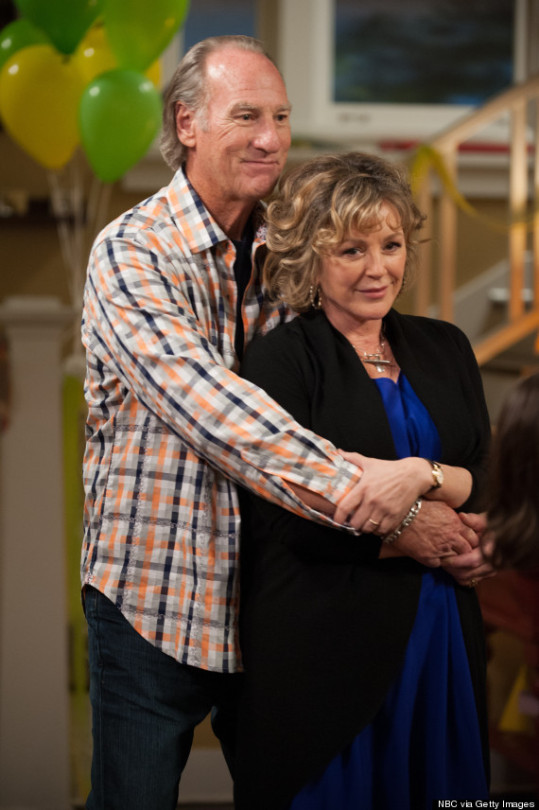
Finally, the series ends with the death of the family patriarch. At first I was disappointed they chose to end the series in this way, but the death was dealt with in a joyful manner, and I came to realize that they had to deal with death, as it is as much a social issue as any of the others and hadn’t yet been touched upon. Besides bringing up all of these different issues, the main message Parenthood is striving to get across to viewers is that family is family, and families come in all different forms. No matter what they look like, a family is a family.
Without television shows like Parenthood, TV itself becomes meaningless, just another way to fill the void that is free time. So if you’re at a crossroads in your Netflix watching and need a new show, look no further than Parenthood.